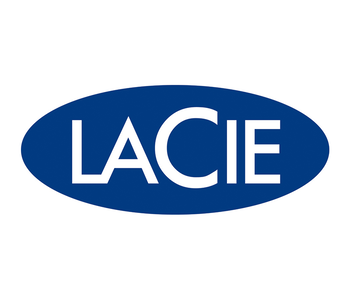Hard Drive Recovery
Common Data Recovery Issues
If your hard drive is making clicking sounds, please make sure to power down the drive as soon as possible. Allowing a clicking drive to continue clicking will only make the situation worse and complicate the Data Recovery process.
Is your hard drive spinning; but not recognized by your computer? This is almost an always an issue with either bad sectors, damaged file system or corrupt firmware. All of these issues are covered by our Flat Rate Logical Data Recovery Fee.
Whether you’ve only deleted a couple of files or formatted the entire computer, we can still help recover your data. Its important to power down your drive as soon as possible to prevent overwriting the deleted files.
The drive having no power whatsoever is almost always an electronic issue. It’s rare, but it could be caused by a short in the read/write heads as well. Electronic issues are covered by our flat rate fee.
Types of Hard Drive Recoveries
Logical Hard Drive Recovery
90% of hard drive failures are due to logical issues. Logical issues are issues that are caused by bad sectors, firmware corruption, deleted files, damaged files systems and etc. Basically, it’s any issue with the drive that is not a mechanical issue.
Common Logical raid data recovery Issues: Hard drive mounts but is responding slow, hard drives spins up normally, but the drive does not mount, drive has been formatted or files have been accidentally deleted, drive is missing certain folders.
Clean Room Hard Drive Recovery
Hard drives that have mechanical issues will require Clean Room Recovery services. Mechanical issues are issues that have been caused by some sort of physical damage to the drive.
How to know if the issue with your hard drive is mechanical? IF your hard drive is making any Clicking, beeping or grinding like sounds, then power off your drive immediately. The issue with your drive is definitely mechanical and will require Clean Room Repairs in order to recover the data.
Our Hard Drive Recovery Process
Step 1. Initial Diagnosis
The first step of the hard drive recovery process is diagnosing the issue with the hard drive. By the end of our diagnosis, we’ll know definitively if the issue with the drive is logical or mechanical and also the chances of recovery. How much data will be recoverable from the hard drive wont be known until the imaging/cloning is complete.
Step 2. Firmware/Clean Room Repairs
Most drives will have firmware or mechanical issues. IF the issue with your drive is mechanical, we will attempt Clean Room repairs first, then repair the firmware issues (programming) afterwards. Once the drive is repaired enough to give us access to the data, we move on to the next step of the recovery process – Imaging.
Step 3. Imaging/Cloning
The imaging process is where we copy the data from the drive on a sector level from the “bad” drive to a good drive. Our equipment can easily read from drives with weak heads, bad sectors, media damage and file system corruption. Our system will be able to skip areas of media damage or bad sectors and prevent further damage to the drive.
Step 4. File System Verification
Once the imaging/cloning process is complete, we will work with our image to verify the file system (structure of the data). In cases where there is a lot of media damage or bad sectors, the file system may be damaged and in those cases, we will save 2 versions of the recovery to ensure that everything recoverable was recovered.
Step 5. Saving Data
The final step of the hard drive recovery process is saving the recovered data. Our system will automatically move any damaged files into a !Problem folder. Once the saving is complete, we will send the customer an Interactive Recovery Report that shows which files were recovered and which ones were damaged.








